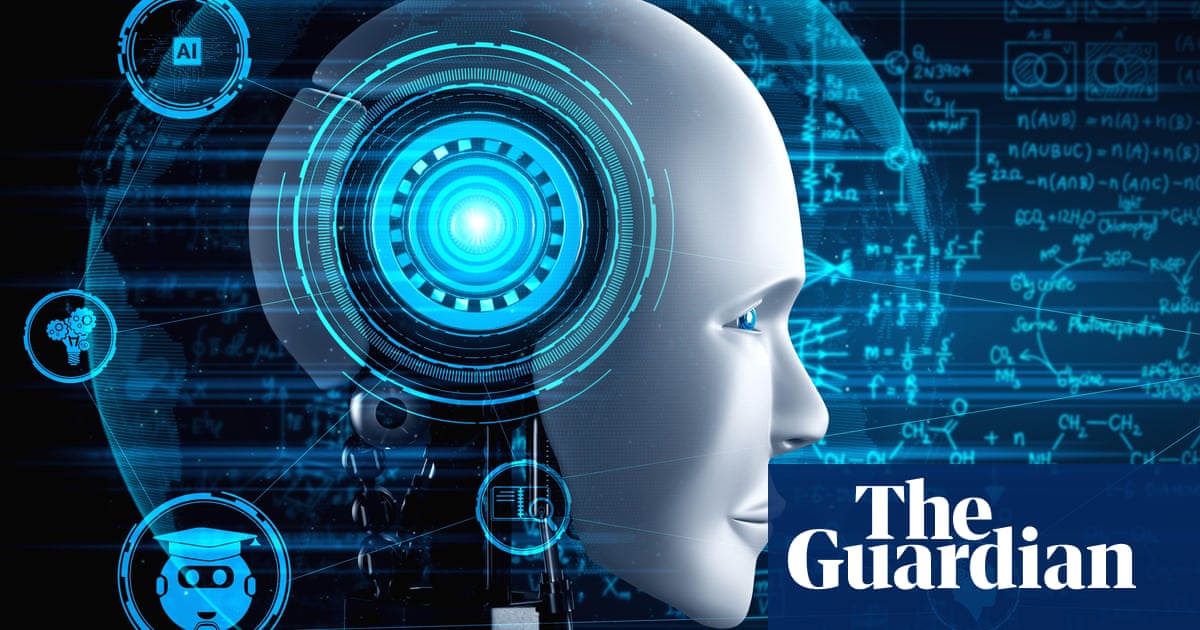The Rising Concern Over Technology in the Workplace
A recent study by the Institute for Work thinktank has pinpointed significant drawbacks associated with the use of advanced technologies like AI, robots, and trackers in professional settings, linking them to a decline in quality of life for workers. This investigation involved over 6,000 participants and focused on the effects of four different technology types currently being integrated across various sectors.
Diverse Technologies, Varied Impacts
The findings indicated that while traditional Information and Communication Technologies (ICTs) such as laptops and tablets tend to enhance well-being by improving efficiency and job satisfaction, newer technologies like AI-driven software, robotic devices, and surveillance tools have the opposite effect. Specifically, exposure to AI, machine learning applications, wearable trackers for surveillance, and robotics was associated with poorer health outcomes and reduced overall well-being.
Underlying Causes and Future Implications
The negative impacts of these modern technologies might stem from increased job insecurity, amplified workloads, and diminished autonomy, which are factors known to adversely affect worker satisfaction and mental health. Economists, including those from Goldman Sachs, have also forecasted that AI advancements could automate up to 300 million jobs by 2030, signaling a major shift in job roles and employment patterns. This projection underscores the need for careful integration of technology in the workplace to prevent degradation of work-life quality.
Additional Insight:
The study’s lead author, Dr. Magdalena Soffia, argued that the challenge lies not within the technologies themselves but in their application within work settings. Effective integration, considering environmental and structural factors, is crucial to leveraging technology for positive outcomes. The research, supported by insights from Warwick Business School and Imperial College London, aims to deepen understanding of how technological interactions affect workers, a critical consideration as digital tools become more entrenched in our work lives. This comprehensive approach highlights the dual-edged nature of technological advancements, advocating for a balanced implementation that safeguards employee well-being while enhancing productivity and innovation.
